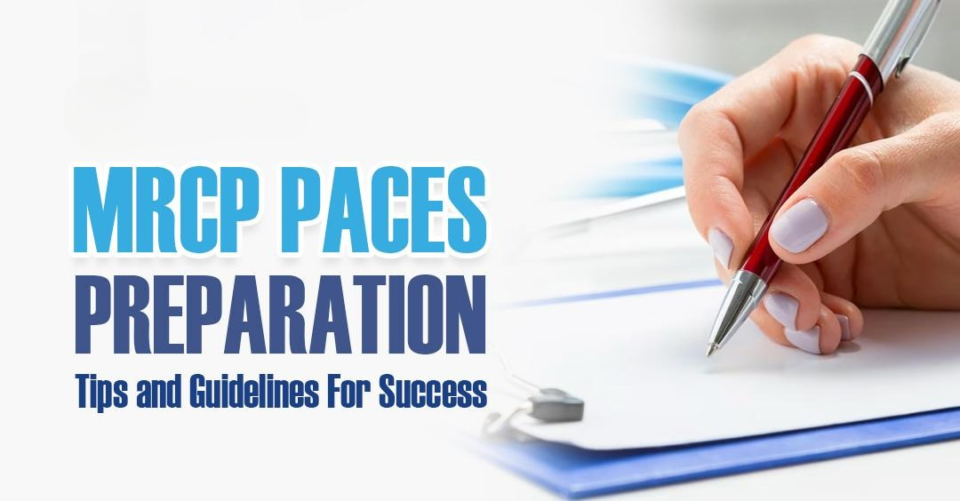Are you feeling overwhelmed as you prepare for the PACES course? Do you want to ensure that you are fully prepared to excel in this important examination? Look no further! This guide will provide you with all the tips and strategies you need to succeed in the PACES course.
Understanding the PACES Course
Before diving into preparation, it is essential to understand what the PACES course entails. The Practical Assessment of Clinical Examination Skills (PACES) is a crucial examination for medical professionals, testing their clinical skills and knowledge. It consists of several stations where candidates are assessed on their ability to perform various clinical tasks and communicate effectively with patients.
Creating a Study Schedule
One of the key aspects of preparing for the PACES course is creating a study schedule. Allocate specific time slots for practicing clinical skills, reviewing medical knowledge, and practicing communication skills. A well-structured study schedule will ensure that you cover all the necessary areas and stay on track with your preparation.
Practicing Clinical Skills
Practicing clinical skills is essential for excelling in the PACES course. Set up mock stations with colleagues or friends to simulate the examination environment. Practice common clinical tasks such as taking a patient history, conducting physical examinations, and formulating a management plan. Regular practice will help you build confidence and proficiency in performing these skills under pressure.
Reviewing Medical Knowledge
In addition to clinical skills, a solid foundation of medical knowledge is crucial for success in the PACES course. Review key medical concepts, differential diagnoses, and treatment guidelines. Make use of textbooks, online resources, and practice questions to test your understanding. Focus on areas that you find challenging and allocate more time for revision.
Enhancing Communication Skills
Communication skills play a vital role in the PACES course, as candidates are evaluated on their ability to interact with patients effectively. Practice active listening, empathy, and clear communication during mock stations. Seek feedback from peers and mentors to improve your communication skills. Remember that good communication is key to building rapport with patients and gaining their trust.
Managing Stress and Anxiety
Preparing for the PACES course can be stressful, but it is essential to manage stress and anxiety effectively. Incorporate relaxation techniques such as deep breathing, mindfulness, or exercise into your routine. Stay organized and avoid last-minute cramming. Remember that confidence and a positive mindset are key to performing well in the examination.
Seeking Support and Guidance
Don’t hesitate to seek support and guidance from mentors, senior colleagues, or professional exam preparation courses. They can provide valuable advice, feedback, and resources to enhance your preparation. Join study groups or online forums to connect with fellow candidates and share experiences. Remember that you are not alone in this journey, and support is available.
conclusion
Preparing for the PACES course requires dedication, practice, and strategic planning. By following this ultimate guide and incorporating the tips provided, you can enhance your preparation and increase your chances of success in this important examination. Stay focused, stay motivated, and believe in your abilities.

